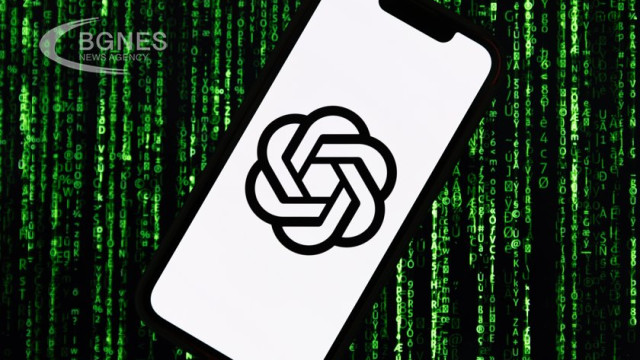The winner of Japan's most prestigious literary prize has admitted that about 5 percent of her futuristic novel was written with ChatGPT, saying generative artificial intelligence helped unlock its potential.
Following the 2022 launch of ChatGPT, an easy-to-use artificial intelligence chatbot that can deliver an essay on demand within seconds, concerns have grown about its impact on a number of sectors - including books.
Praised by the judges for being "nearly flawless" and "universally enjoyable," Rie Kudan's latest novel, "Tokyo-to Dojo-to" (Sympathy Tower Tokyo), received the Akutagawa Prize.
Set in a futuristic Tokyo, it revolves around a tall prison tower and its architect's intolerance of criminals, with the theme of artificial intelligence recurring.
The 33-year-old author has openly admitted that AI has also had a strong influence on her writing process.
"In writing this book, I actively used generative AI like ChatGPT," she said at the ceremony after the winner was announced.
"I'd say about five percent of the book quotes verbatim AI-generated sentences."
Outside of his creative work, Kudan said he often plays with the AI, confiding in it his innermost thoughts, which "I can never talk to anyone else about."
ChatGPT's responses sometimes inspire dialogue in the novel, she added.
Going forward, she said she wants to maintain a "good relationship" with the AI and "unleash my creativity" in coexisting with him.
On social media, opinions were divided over Kudan's unconventional approach to writing, with skeptics calling it morally questionable and potentially undeserving of the award.
"So she wrote the book by cleverly using artificial intelligence ... Is that talented or not? I don't know," wrote one in X.
Others, however, noted her ingenuity and the effort she made to experiment with different prompts.
"This is how the Akutagawa laureate uses ChatGPT - not to relax, but to "unleash her creativity," wrote another social media user. /BGNES







